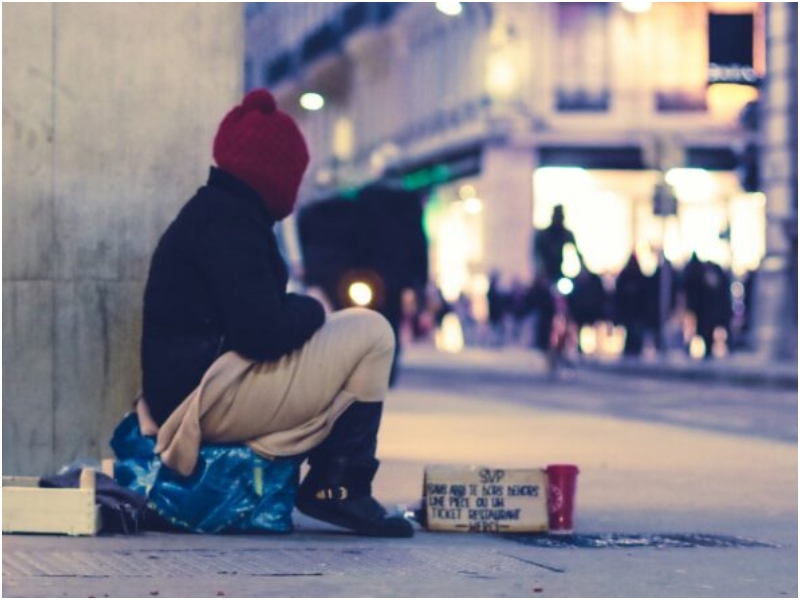Florida Governor Ron DeSantis has signed a new law aiming to ban homeless individuals from camping or sleeping on public property, citing concerns over quality of life and public safety.
The legislation, known as HB 1365 or the “Unauthorized Public Camping and Public Sleeping” bill, was signed on Wednesday and is set to take effect on October 1.
In a news release, Governor DeSantis spoke about the importance of upholding law and order while also ensuring that homeless individuals have access to the resources they need to transition out of homelessness.
The bill’s sponsor, Rep. Sam Garrison, echoed this sentiment, claiming that the measure would provide essential support for homeless individuals to regain stability.
Under HB 1365, homeless individuals will be prohibited from camping on city streets, sidewalks, and parks, with local governments authorized to create homeless camps if shelters reach capacity.
Temporary shelters will be established and monitored by law enforcement agencies, providing access to substance abuse and mental health treatments. The state aims to ensure sanitation and access to resources such as clean restrooms and running water at these shelters.
Governor DeSantis is confident that the provision of “wraparound services,” including mental health care, will ultimately support Florida’s homeless population. He stated that the new law will contribute to maintaining clean and safe streets for residents across the state.
The Florida Department of Children and Families will play a role in implementing the law, directing the authorization of temporary campsites. These campsites will enforce prohibitions on illegal substance use and alcohol consumption while providing access to substance abuse and mental health treatment resources.
To prepare for the implementation of HB 1365, Florida has allocated $30 million, an increase of $10 million from the previous year, for “continuums of care.”
These regional bodies coordinate housing and services for homeless individuals, aiming to ensure a comprehensive approach to addressing homelessness in the state.
While proponents argue that the law will improve public safety and provide necessary support for homeless individuals, some advocates express concerns about potential arrests and the enforcement of the ban on public sleeping.
Here are some potential legal pushbacks against the new law in Florida:
Violation of Constitutional Rights
Critics may argue that the law violates homeless individuals’ constitutional rights, such as the Eighth Amendment’s prohibition against cruel and unusual punishment and the Fourteenth Amendment’s guarantee of due process and equal protection under the law. They may claim that criminalizing homelessness without providing adequate alternative housing options amounts to cruel and unusual punishment.
Right to Shelter
Homeless advocacy groups may challenge the law on the grounds that it fails to guarantee homeless individuals a right to shelter. They may argue that prohibiting camping or sleeping in public places without providing sufficient alternative shelter options infringes on homeless individuals’ basic human rights to safety and shelter.
Discriminatory Enforcement
There may be concerns about the discriminatory enforcement of the law, disproportionately targeting homeless individuals, particularly those from marginalized communities. Critics may argue that law enforcement agencies could use the law to selectively target homeless individuals, leading to discriminatory practices and violations of their civil rights.
Lack of Adequate Resources
Critics may contend that the law’s provisions for temporary shelters and wraparound services, such as mental health care and substance abuse treatment, are insufficient to address the complex needs of the homeless population. They may argue that without adequate funding and resources, the law fails to provide meaningful support for homeless individuals seeking to transition out of homelessness.
Potential for Criminalization
Advocates may raise concerns about the potential for the law to lead to the criminalization of homelessness, with homeless individuals facing arrest and prosecution for violations of the camping and sleeping prohibitions. They may argue that criminalizing homelessness exacerbates the cycle of poverty and homelessness, rather than addressing the root causes of homelessness and providing effective solutions.
Overall, opponents of the law may head to the courts to protect the rights of homeless individuals and advocate for more comprehensive and compassionate approaches to addressing homelessness.

